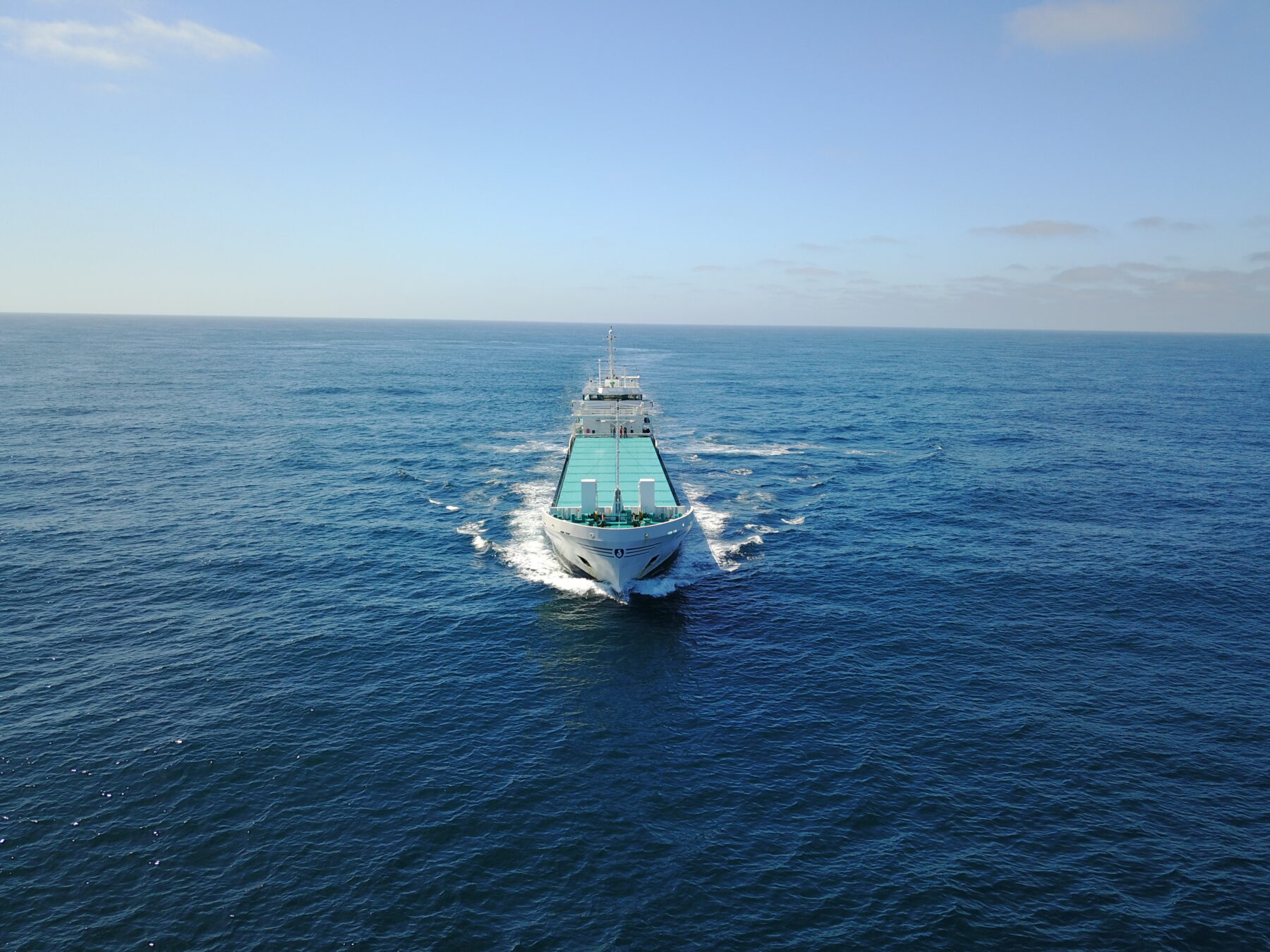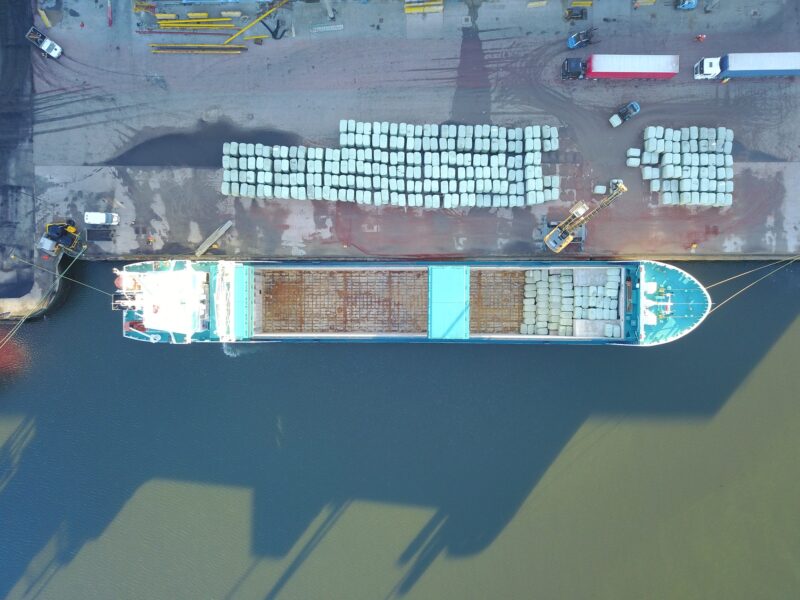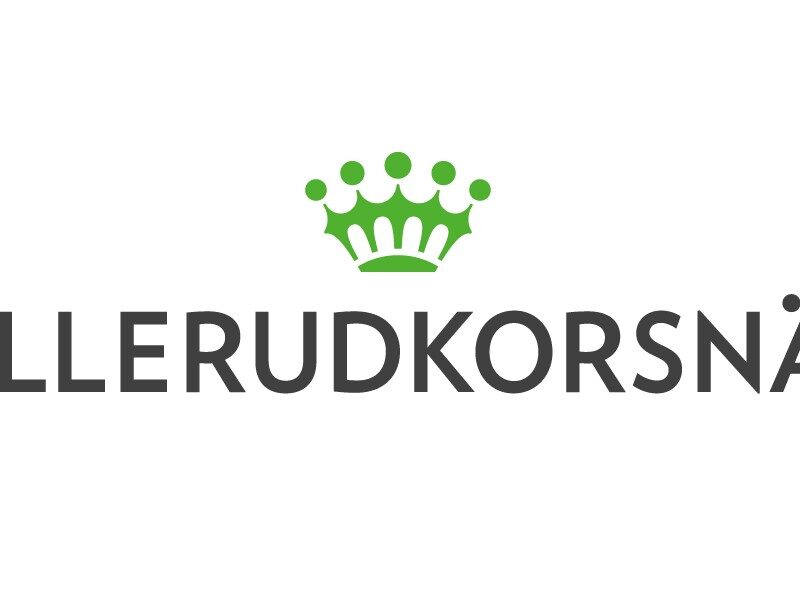Areas of concern identified in RSI inspections
The Responsible Shipping Initiative (RSI) aims to promote responsible shipping, with regards to working conditions, health and safety, and the environment. Now, RSI inspections have identified multiple areas of concern and improvement.
Conditions for vessels operating in the Baltic and North Sea need to be continually evaluated. RSI performs inspections of vessels chartered by its members. The inspections and findings we have done are valuable. They will be one central part in order to support our ambition to improve the standard on board the ships together with our suppliers and partners”, says Niklas Sundén, Charterer Stockholm Exergi AB.
Identified areas of concern and improvement2020 is the first year for a common evaluation within RSI of the inspections carried out. Inspections were initiated during January 2020 and during the first two months inspections were carried out. Due to COVID-19, the inspections were temporarily postponed until September when it slowly resumed. Multiple areas of concern and improvement were found.
- Passage planningPassage planning is not often in accordance with industry recommendations and guidelines, it has been identified. It ranges from missing parallel indexing to no passage plan at all. Several cases have been observed where a nonapproved ECDIS (Electronic Chart Display and Information System) was being used for passage planning and navigation.
- Hours of restThere must be records of hours of rest for all personnel onboard. The hours of rest shall comply with MLC or STCW requirements. Indications from a few of the inspected vessels shows it can be challenging to fulfil these requirements.
- Condition of equipment in the machinery spacesThe general appearance and condition of the equipment in the machinery spaces has not been up to standards. Multiple examples of untidy engine rooms, temporary repairs, and incorrect storage of hazardous materials has been identified.
- Alcohol policy, routines and equipment for testingMost of the companies have formulated an alcohol policy. However, they are often very brief. Even if alcohol testing equipment is available on board, in most cases there are no records of testing and controls.
RSI enable joint pressure The result of the 2020 inspections shows the need of continuous work. The formation of RSI will enable buyers of maritime transport to impose the same type of requirements in transport agreements and thereby put joint pressure on shipping companies to comply with the terms and conditions.
“As major transportation players, we have a duty to ensure that transport activities are carried out responsibly. We are very happy that this partnership is now underway and hope that our joint efforts will lead to both short-term and long-term results,” says Anders Ripström, Sourcing Manager for Logistics and Transport at the forestry company Södra.
Read more on www.responsibleshippinginitiative.org or contact:
Sebastian Tamm, Logistics Manager EFO; +46 8 24 90 58






